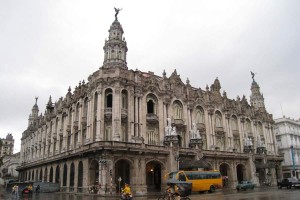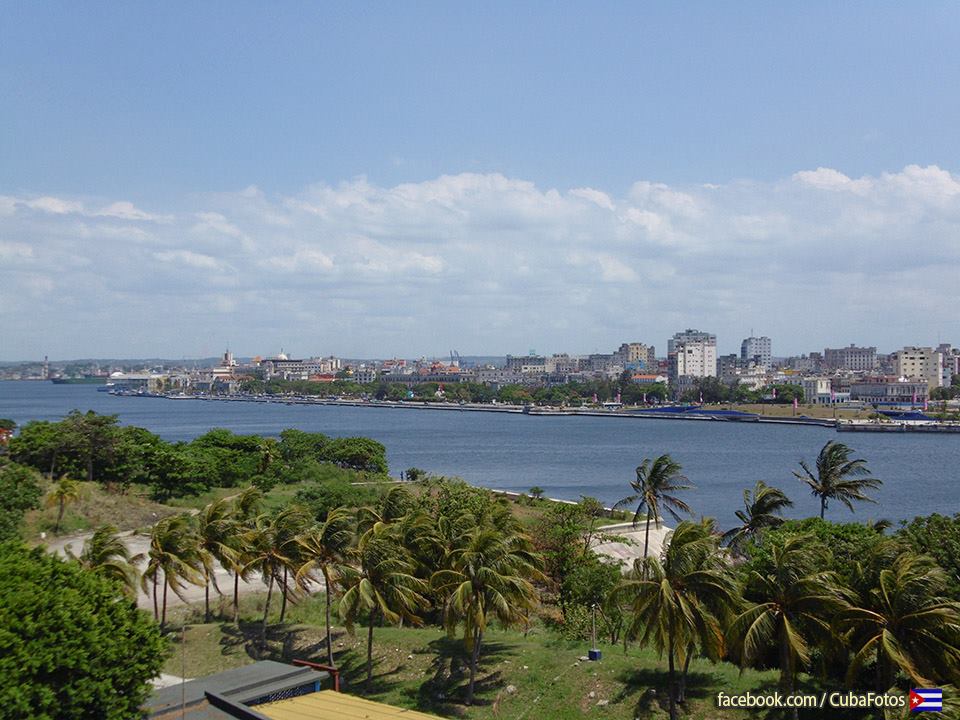CUBA, ONLY TO THE US, OWES 7,000 MILLION IN PROPERTY CONFISCATED.
Why did the US imposed an embargo on Cuba in 1962? Because the government of Fidel Castro expropriated thousands of properties estadounideneses individuals and companies. Castro came to power in 1959. The following year created the Ministry of Assets Recovery Misappropriated. He began the expropriation: sugar mills, oil refineries, mines, plantations, bottling, current accounts, hotels, buildings …
The major expropriations were for big US companies like Coca Cola, Exxon or the First National Bank of Boston. It was “the largest expropriation of US property in history without receiving compensation,” according to an article in Inter-American Law Review.
Then the value of those goods was about 1,800 million. They last 66 years. If a 6% annual interest on these properties lost profits, the current value exceeds 7,000 billion, calculation by Creighton University is calculated.
In that amount ranging from current accounts to resort hotels. Certainly, ‘the lion’ corresponds to investment property, factories and equipment that belonged to American companies, from Coca Cola bottlers to agricultural properties.
Are all were legal?
The US Justice received over the years thousands of claims. All of them were processed but many were rejected for defects of form, lack of hard evidence, because they were not citizens of the country, resignation, dissolution of the company and many other reasons. Of 10,000 complaints from individuals and businesses they remained at the end about 6,000.
For Justice, such claims are legal. And that is what has heavy as an argument to maintain this embargo, which, according to some evidence, can be softened.
Most of the complaints focus on the capital, Havana, and were processed through the Foreign Claims Payments Office US, where both properties, as the owner and its value are registered.
Most complaints come from Cuban Electric, the company that supplied energy to the country and Cuban owned electricity, and that was in American hands. Asks $ 267 million for unreturned property.
“No one disputes the argument that the settlement of claims owned by Americans is the initial and most important step for the normalization of US relations with Cuba,” he reads a comprehensive report by The Boston Globe, published in April Last shy about opening year.
To get the correction, perhaps thousands of Spanish citizens and companies expropriated also follow the US example and begin to ask the same thing: “Fidel, give us back what is ours!”.
Idealista / Carlos Salas / InternetPhotos / TheCubanHistory.com
The Cuban History, Hollywood.
Arnoldo Varona, Editor.
CUBA DEBE SOLO A EEUU 7,000 MILLONES EN PROPIEDADES CONFISCADAS.
¿Por qué EEUU impuso un embargo a Cuba en 1962? Porque el gobierno de Fidel Castro expropio miles de propiedades a particulares y empresas estadounideneses. Castro llegó al poder en 1959. Al año siguiente creó el Ministerio de Recuperación de Bienes Malversados. Empezó la expropiación: ingenios azucareros, refinerías de petróleo, minas, plantaciones, embotelladoras, cuentas corrientes, hoteles, edificios…
Las mayores expropiaciones correspondieron a grandes compañías estadounidenses como Coca Cola, Exxon o el First National Bank de Boston. Fue “la mayor expropiación de bienes norteamericanos de la historia sin recibir indemnización”, según un artículo de Inter-American Law Review.
Entonces, el valor de esos bienes era de unos 1.800 millones de dólares. Han pasado 66 años. Si se calcula un 6% de interés anual de lucro cesante sobre esas propiedades, el valor actual supera los 7.000 millones de dólares, cálculo hecho por la Universidad de Creighton.
En esa cantidad se incluyen desde cuentas corrientes hasta hoteles vacacionales. Sin duda, ‘la parte del león’ corresponde a inversiones inmobiliarias, instalaciones, fábricas y bienes de equipo que pertenecían a empresas norteamericanas, desde embotelladoras de Coca Cola hasta propiedades agrarias.
¿Eran todas legales?
La Justicia de EEUU recibió a lo largo de los años miles de reclamaciones. Todas ellas se tramitaron pero muchas fueron rechazada por defectos de forma, falta de pruebas contundentes, porque no eran ciudadanos del país, renuncia, disolución de la empresa y muchas otras razones. De unas 10.000 reclamaciones de particulares y empresas quedaron al final unas 6.000.
Para la Justicia, esas reclamaciones son legales. Y eso es lo que ha pesado como argumento para mantener este embargo, que, según algunos indicios, se puede suavizar.
La mayor parte de las reclamaciones se centran en la capital del país, en La Habana, y se han tramitado a través de la Oficina Exterior de Pagos de Reclamaciones de EEUU, donde están registradas tanto las propiedades, como el propietario y su valor.
La mayor reclamación procede de Cuban Electric, la compañía que surtía de energía al país y era propietaria de Cubana de electricidad, y que estaba en manos estadounidenses. Pide 267 millones de dólares por propiedades no devueltas.
“Nadie discute el argumento de que la solución de las reclamaciones de propiedad de los estadounidenses es el paso inicial o el más importante para la normalización de las relaciones de Estados Unidos con Cuba”, decía un exhaustivo reportaje de The Boston Globe, publicado en abril del año pasado a propósito de la tímida apertura.
De conseguir la subsanación, quizá miles de empresas y ciudadanos españoles también expropiados sigan el ejemplo estadounidense y comiencen a pedir lo mismo: “Fidel, ¡devuélvenos lo nuestro!”.
Idealista/Carlos Salas/InternetPhotos/TheCubanHistory.com
The Cuban History, Hollywood.
Arnoldo Varona, Editor.



 CUBA OWES only to the U.S. 7,000 Million in Properties Confiscated. *** CUBA DEBE Solo a EEUU 7,000 Millones en Propiedades Confiscadas.
CUBA OWES only to the U.S. 7,000 Million in Properties Confiscated. *** CUBA DEBE Solo a EEUU 7,000 Millones en Propiedades Confiscadas.

